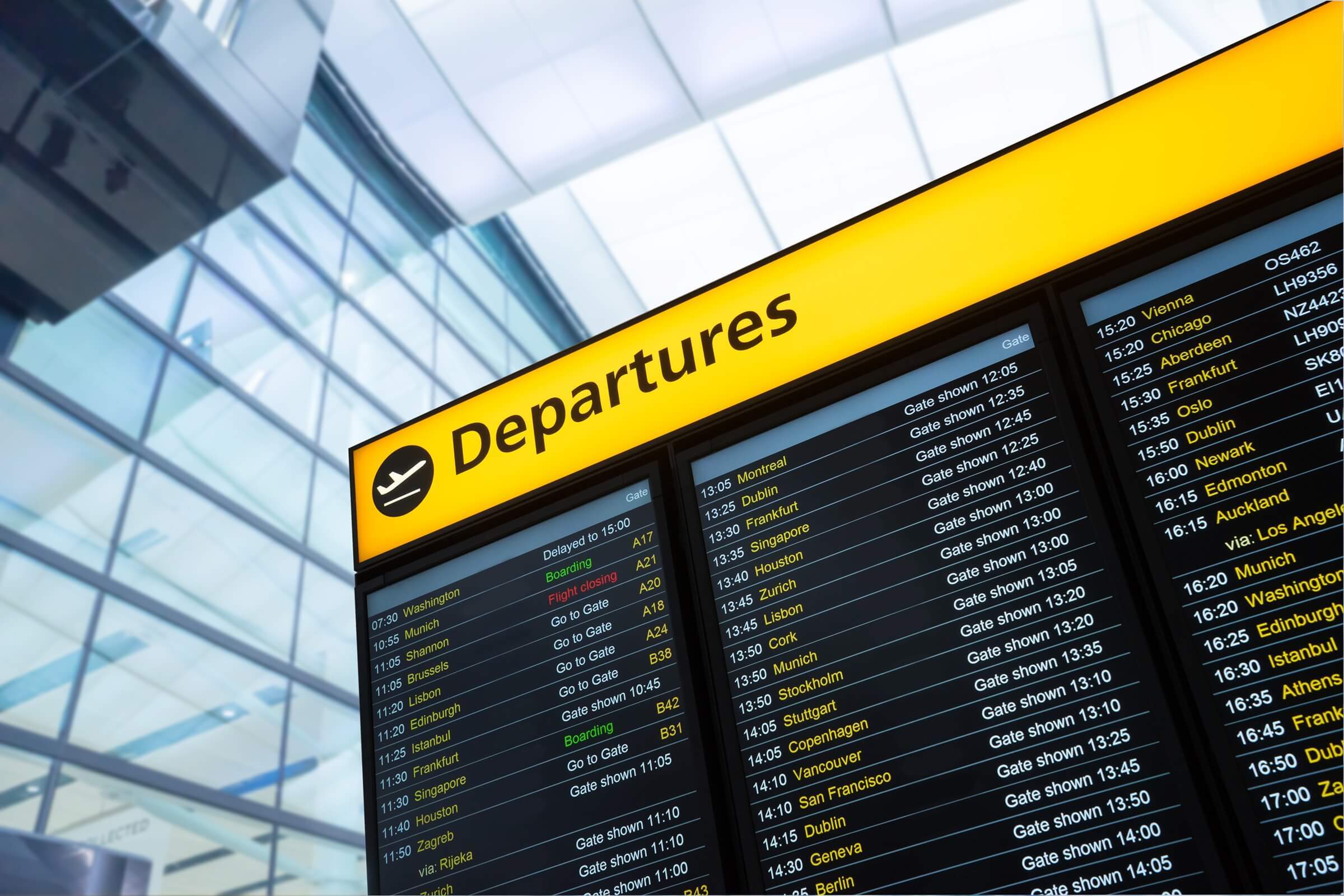US lawyer embarrassed by AI based passenger rights brief

In a surprising turn of events, a US attorney specializing in passenger rights found himself in an embarrassing situation when his use of a chat-based language model, GPT, resulted in a flawed legal brief. The incident highlights the potential pitfalls of relying solely on artificial intelligence without human oversight in legal proceedings.
The rise of AI in the legal field
Artificial intelligence (AI) technologies have gained prominence across various industries, including the legal sector. These technologies, such as language models, offer convenience and efficiency by automating certain tasks, including drafting legal documents. However, the recent incident serves as a cautionary tale regarding the limitations of AI in complex legal matters.
The attorney in question, who specializes in handling cases related to passenger rights, decided to use a chat-based language model called GPT to generate a legal brief. GPT, powered by advanced machine learning algorithms, is known for its ability to produce human-like text based on input prompts.
Flaws in the AI-generated brief
Unfortunately, relying solely on AI without proper human oversight can have significant consequences. In this instance, the AI-generated brief contained several inaccuracies, faulty legal arguments, and improper formatting. The flaws were apparent to opposing counsel and the court, causing embarrassment for the attorney and potentially undermining their credibility.
While AI technologies can be valuable tools in legal practice, they should not replace human expertise and critical thinking. Human oversight is crucial to review and verify the output generated by AI systems, ensuring its accuracy, coherence, and compliance with legal standards. Legal professionals must exercise caution and understand the limitations of AI to avoid potential pitfalls.
The role of AI in legal workflows
AI can play a valuable role in legal workflows when used appropriately. Language models like GPT can assist attorneys by generating initial drafts, conducting legal research, and providing insights. However, it is imperative to recognize that AI tools should serve as aids rather than substitutes for human judgment and legal expertise.
To leverage the benefits of AI effectively, legal professionals should strike a balance between AI technologies and human involvement. Attorneys can utilize AI for repetitive and time-consuming tasks, allowing them to focus on higher-level analysis and strategy. This collaborative approach ensures that the strengths of both humans and AI are harnessed, leading to more accurate and comprehensive legal work.
The incident involving the passenger rights attorney serves as a valuable lesson for the legal community. It highlights the need for caution and responsible use of AI technologies. While AI can streamline certain aspects of legal practice, it is essential to exercise sound judgment, maintain human oversight, and take responsibility for the final output.
The case of the passenger rights attorney's embarrassing encounter with an AI-generated legal brief underscores the importance of human expertise in the legal field. While AI technologies offer convenience and efficiency, they cannot replace the critical thinking, legal knowledge, and judgment that human attorneys bring to the table. By understanding the limitations of AI and incorporating human oversight, legal professionals can harness the potential of AI technologies while ensuring the accuracy and quality of their work.
Latest posts
Top European airlines with delays and cancellations
Discover the top European airlines with the most delays and cancellations. Learn causes, trends, and tips to avoid travel disruptions.
Lost or damaged luggage? Our step-by-step guide
Lost or damaged luggage? Follow our step-by-step guide for tips on filing claims, recovery and solutions.
Top Christmas destinations: Europe and beyond
Discover the top Christmas destinations in Europe and beyond – festive markets, magical winter landscapes, and more!
About MYFLYRIGHT
MYFLYRIGHT is a legal tech company, specialized in the support of airline passengers affected by flight delays, flight cancellations, denied boarding, delayed or lost luggage and the refund of unused airline tickets. MYFLYRIGHT was founded 2016 in Hamburg, Germany. The company operates out of 3 offices, its headquarter in Hamburg and its branches in Prague, Czech Republic and Zaporizhia, Ukraine. Currently, MYFLYRIGHT employs a team of around 25 people working in Marketing, Operations, Legal, Customer Support and IT. The organization operates across 5 markets – Germany, United Kingdom, Romania, Austria, and Switzerland.
MYFLYRIGHT’s goal is to provide access to justice for all aviation passengers who experience irregularities in their flight transportation. Notably, 75% of all compensation requests submitted by passengers get rejected. Whereas, MYFLYRIGHT is able to successfully execute the applicable customer claims in more than 98% of cases at court.












